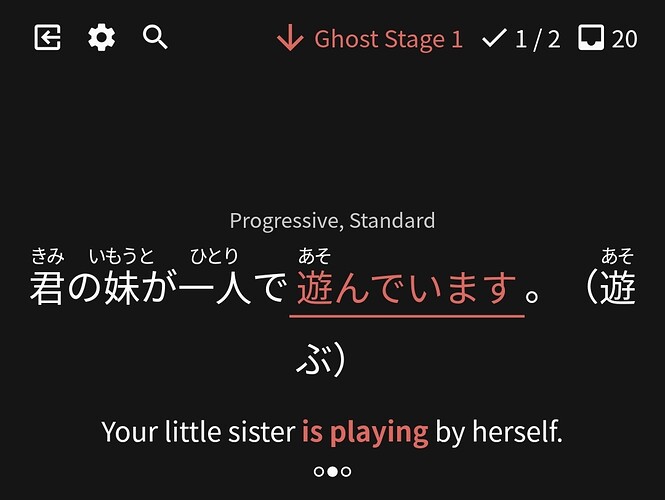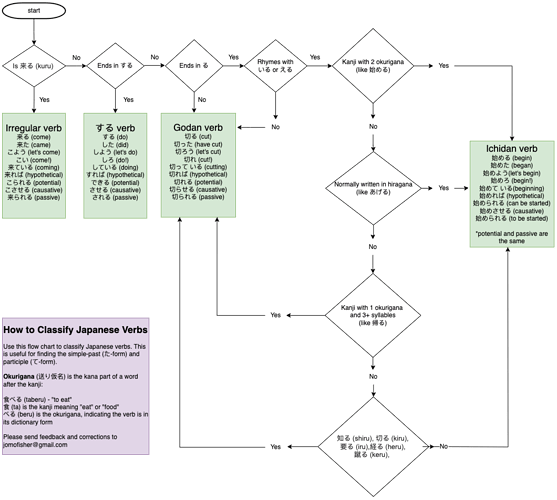Here’s a post that covers the difference between なくては~ and なければ~ なくてはいけない vs なければいけない
As for the differences between ~いけない and ~ならない this is what I’ve learned (although, I don’t believe bunpro hints at this at all so I’m not sure it’ll help in reviews):
いけない - subjective (you feel the need to do something due to personal reasons)
ならない - objective (you feel the need because that’s what’s expected)
I learned this a long time ago from Japanese Ammo
For example:
試験に合格しなければいけない - I need to pass the exam (subjective - the speaker feels the need for personal reasons)
試験に合格しなければならない - I must pass the exam (objective - the speaker feels the need due to them feeling that’s what expected of them due to laws, social norms, etc. (they need to fulfill their obligations)).
Here’s some example sentences from youtube where I’ve seen this to be true.
https://www.youtube.com/watch?v=ShjV3TaqeXw 2:48 - 3:07
「…しかもこれ 2時間放置しないといけないんだよね?2時間放置して4日間地キープ出来る。さあ それを皆さんは どう思いますか?手間とか時間とねその4日間は楽できるけど2時間そのまま つまり佐川急便やヤマトが来た場合このまま出なくてはならない…」
I think this is a really good example, because I think it really shows how いけない is likely to be used over ならない in situations where you might expect ならない to be used. You’ll notice the first time, Risa uses ~いけない in a situation where it seems like it’d make sense to use ならない. She’s doing her eyebrows, and is talking about how you need to leave it there for 2 hours - which I would assume is a “rule” otherwise it won’t turn out well. But, that isn’t how she feels so she uses いけない instead because this is more “subjective” and she feels like she needs to leave it there for 2 hours otherwise (it may not turn out as good). Then, later on she says 出なくてはならない implying that this is something she must do (despite not wanting to). The context here is that if say Sagawa Express or Yamato Transport (parcel delivery company) ends up coming, she’ll have to go (to the door) because that’s what’s expected (she most likely does not want to go to the door, but has to because she’s expected to answer the door). However, she could still express this with ~いけない, but the nuance will change to her subjectively feeling like she has to go to the door now.
Another example:
https://www.youtube.com/watch?v=-CEukakNrB4&t=182s 3:00 - 3:08
「電子顕微鏡でものを見るためには顕微鏡の中を真空の状態にしなければならないんです」
Here the speaker uses ならない because he wants to get across that you must (objective) create a vacuum in order to see using an electron microscope.
Hopefully that helps!







 )
) 
